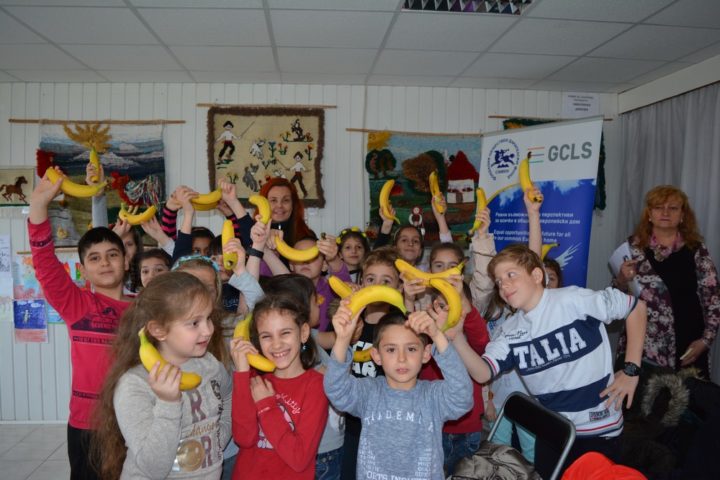
Gypsies education – Sliven
CF: Community Donation Fund Sliven Foundation /CDF – Sliven/
Project name: Equal opportunities and future for all in our common European home
Grant round: I
Sliven can be regarded as typical area of concentration of ethnic minorities. The biggest minority are the Gypsies, consisting 1/3 of the total population. Although EU-member, Bulgaria and
particularly Sliven are still the place where the Gypsy ethnicity is still marginalized and excluded from the society. Integration of Gypsy people isn’t their problem only, but it is a problem of the entire society and could be successful only with comprehension and empathy by both the Gypsy minority and the majority.
This poverty is a result not only of the political and economic situation in our country, but also from some specifics of the Gypsy community as a whole: this is their low education of children and youth; low health culture and living conditions and backwards traditions and community environment. With our project we tried to address these three issues including Roma children in some
educational activities to increase their knowledge and skills in reading, writing and arts; as well as raising their and theirs’ parents and grand-parents health culture. Thus 192 children and over 200 adults participated in project activities, which can help in future to work with them, as all participants were happy to be involved in project activities and expressed their
desire to participate in the future. We hope that all participants will remember what they have learned and heard in lectures and will apply their knowledge and skills in their ordinary
life from one hand, and from the other will spread it to their relatives and friends.
We were happy to work with Roma children, that have showed very good talents and artskills and some of them could continue to develop in that sphere in the future. The experience we gained motivated us to continue to work with them, and together with good
relations that we made with the teachers we have already planned lessons in the future. As the Community Donations Fund is a philanthropy organization we will start donation campaigns and will search other project opportunities for working with the same Roma children and/or to increase the scope of participants among the Roma minority in Sliven.
According SDGs we were addressing poverty and lack of equal opportunities issues in our society. Because we believe that more informed are le more chances for their better life appear.
Our project doesn’t have a huge impact, but impact on 192 real children from 9 to l-1 years old (most of them Gypsy origin), that have participated actively in the project and were very happy of that, because we used amusing and at the same time useful methods for raising knowledge and skills, that they will constantly remember and will help them in the future.
Children from gypsy minority included in the project activities raised their skills in reading and writing, as well as increased self-confidence through showing their skills in arts,
moddelling, as well as receiving a chance to appear and getting recognition from the project management in the form of popularity, receiving individual diplomas and participation in
exhibitions. Children also were focused on their hygiene, that most of the time they don’t have anychance to learn from their parents and grand-parents, because the overall hygiene habits ofRoma people are very low. This makes them to be labeled as “dirtier” than other but as well as causes more problems in the health. Kids got examples how to be more clean and tidy in the society, how to pay attention to that: body hygiene, clean wardrobe, clean and healthy food.
Over 200 youngsters and adults had the opportunity to listen and learn for free some interesting and useful information from health experts about how to think more about their way of life, how to preserve health without going to hospitals every time or buying expensive medicines, how to be more aware for their way of healthy life and to think more deeply for the future.
Bulgarians and other ethnic groups from our society had the opportunity to enjoy art-works of the children based on Roma traditions: spoon-dolls and painted spindles, which were exposed on several places in the town, as well as promoted in the media.
